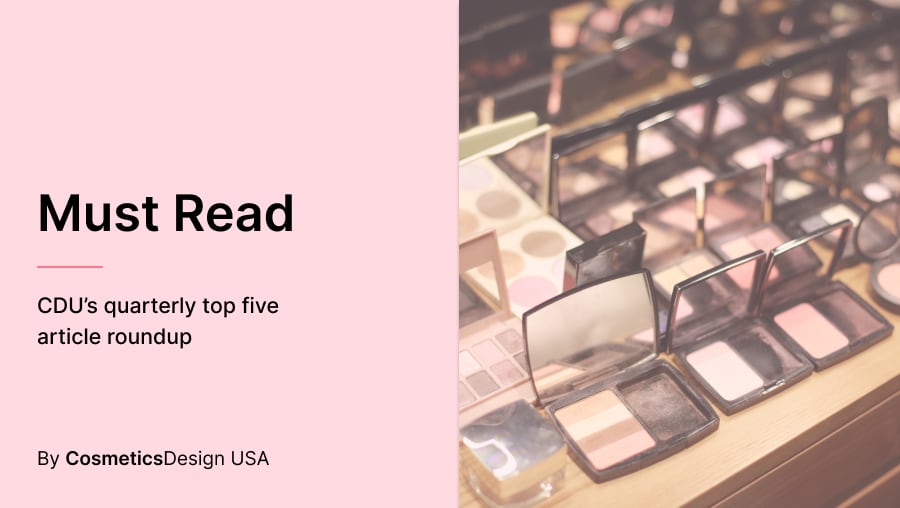#5: Dove launches menopause wellness range on Amazon
In August, Dove launched a new Menopause Wellness range exclusively on Amazon, targeting women experiencing skin and body changes related to menopause. The line includes deodorants, body washes, face care, and scalp products, formulated with input from gynecologists, dermatologists, and menopause specialists.
The brand noted that “43% of women over 45 [are] actively searching for skin care that supports their changing needs,” framing the launch as a response to unmet consumer demand. OB/GYN Dr. Jessica Shepherd, who contributed to the product development, said the initiative addresses a longstanding gap: “Women have been taught to be quiet about discomfort.”
The range also ties into Amazon’s condition-based shopping initiative, helping consumers find products suited to specific life stages.
#4: Industry reacts to Senate panel approval of OTC Reform Bill with key provisions for sunscreens
In early August, a U.S. Senate health committee advanced bipartisan legislation aimed at overhauling the regulation of over-the-counter (OTC) drugs, with several provisions directly impacting sunscreen products. The bill includes measures to streamline FDA processes, modernize regulatory frameworks, and support faster market access for innovative OTC formulations.
Industry stakeholders responded positively to the bill’s progress. Alexandra Kowcz, chief scientist at the Personal Care Products Council (PCPC), called the move “an important step toward ensuring Americans have access to the latest sunscreen innovations.”
The legislation, if enacted, could address long-standing concerns about the lag in FDA approval of new UV filters, which has put U.S. sunscreen options behind those in other global markets.
#3: SB 54 is coming fast: Is the beauty industry ready?
With California’s SB 54 law set to reshape packaging regulations significantly, the beauty and personal care sector is assessing how to meet its first major compliance milestone by 2026. The legislation requires that all single-use packaging sold in the state be recyclable or compostable by 2032, while establishing producer responsibility for plastic waste.
According to the Circular Action Alliance (CAA), which has been named the producer responsibility organization (PRO) for SB 54, “beauty and personal care brands...have a unique opportunity to lead by embedding sustainability into packaging design and taking a proactive stance on compliance, transparency, and innovation.” The law is expected to drive substantial changes in packaging strategy, data reporting, and supply chain collaboration.
#2: Goodbye ‘lipstick effect.’ Hello comfort capital
In July, CosmeticsDesign spoke with Clare Hennigan, principal analyst of beauty and personal care at Mintel, about the emergence of “comfort capital” as a consumer value framework. Building on the concept of the “lipstick effect,” comfort capital reflects how consumers facing financial pressures are prioritizing small indulgences that offer emotional relief and sensory satisfaction.
“Comfort capital focuses more specifically on the types of ‘little luxuries’ BPC consumers gravitate toward in today’s uniquely uncertain environment—whether driven by financial pressures, emotional fatigue, or both,” Hennigan said. She noted that scent, texture, and packaging all play a role in delivering comfort, and that brands should consider how these elements can provide value beyond function in a tightening economy.
#1: Youthforia to shut down following foundation controversy and backlash
Youthforia announced in August that it would cease operations following intense public backlash over its Date Night foundation line, particularly the problematic launch of shade 600. The brand’s limited shade range and ensuing missteps prompted widespread criticism across social media and within the beauty community.
Founder Fiona Co Chan confirmed the closure, saying, “No one prepares you for how much grief you feel when you decide to close down a brand.” She also acknowledged the multiple challenges that come with each phase of entrepreneurship, starting, running, and winding down a business, all in “different ways.”
The closure underscores how quickly consumer trust can erode when inclusivity, communication, and execution falter.


